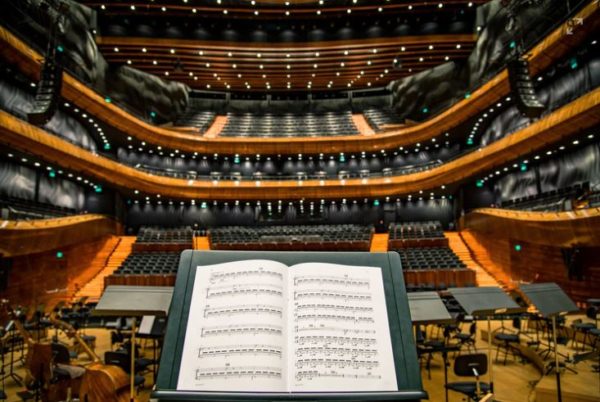Following my first article published recently, we continue our discovery in concertos. In this part we interpret the cultural background, the associated second meaning of the music.
In the early eighteenth century concertos were commonly played in churches or chambers. As decades passed it was more and more ordinary to hear a concerto in a new institution, the public concert. This was the mirroring effect of the social changes going on in this period, with the rise of the middle class. It was J. C. Bach (the London Bach) who first played concertos in London for paying audiences. Mozart followed suit a decade later in Vienna. Beethoven did the same, playing them in benefit concerts or in his own programs.
In this period music was always considered or understood as intertwined into the cultural fabric. Such cultural associations are the Turkish march (warlike and comic), French funeral march (commemoration of the fallen hero) or the waltz (joyful celebration). These imaginary elements and their second meaning are also present in Beethoven’s music. The finale of every Beethoven concerto, for example, is rondo form and can easily be associated to round dances and to rural countryside scenes.
There is one very substantial cultural image to all concertos of Beethoven and this is the military. With the exception of the Second Concerto, all contains military march-like parts. This is no wonder as in Beethoven’s lifetime war raged in Europe and the army’s rituals, its glory and its menace was constantly present in Bonn or in Vienna.
For Beethoven it was not the war, the conquest or the shining armor that was captivating. It was the theme of the struggling hero – in purest form. Today, two hundred years later it is difficult to recapture this image as for us, this theme is stained. It carries the horrors of the imperialists, the colonists, the nationalists and two devastating world wars!
As the composer expressed it many times in writing and above all in his music, from Fidelio to the Ninth Symphony, the ultimate triumph can be achieved only by internal struggle and the gain is in the moral domain.
Continue reading the next article: The concerto – part III.



